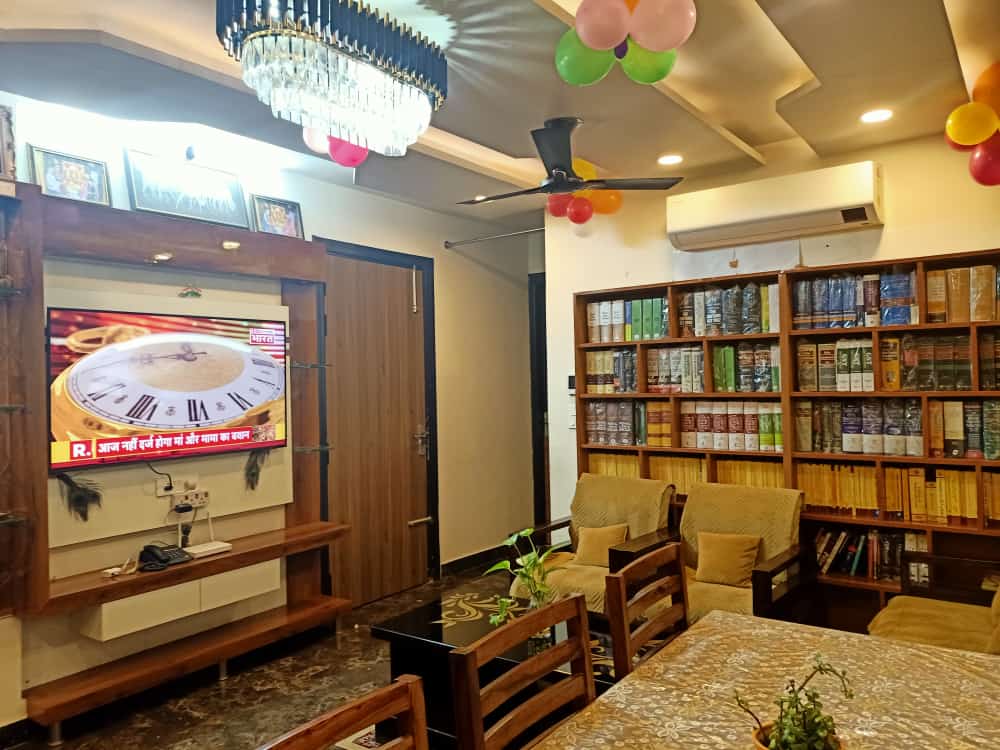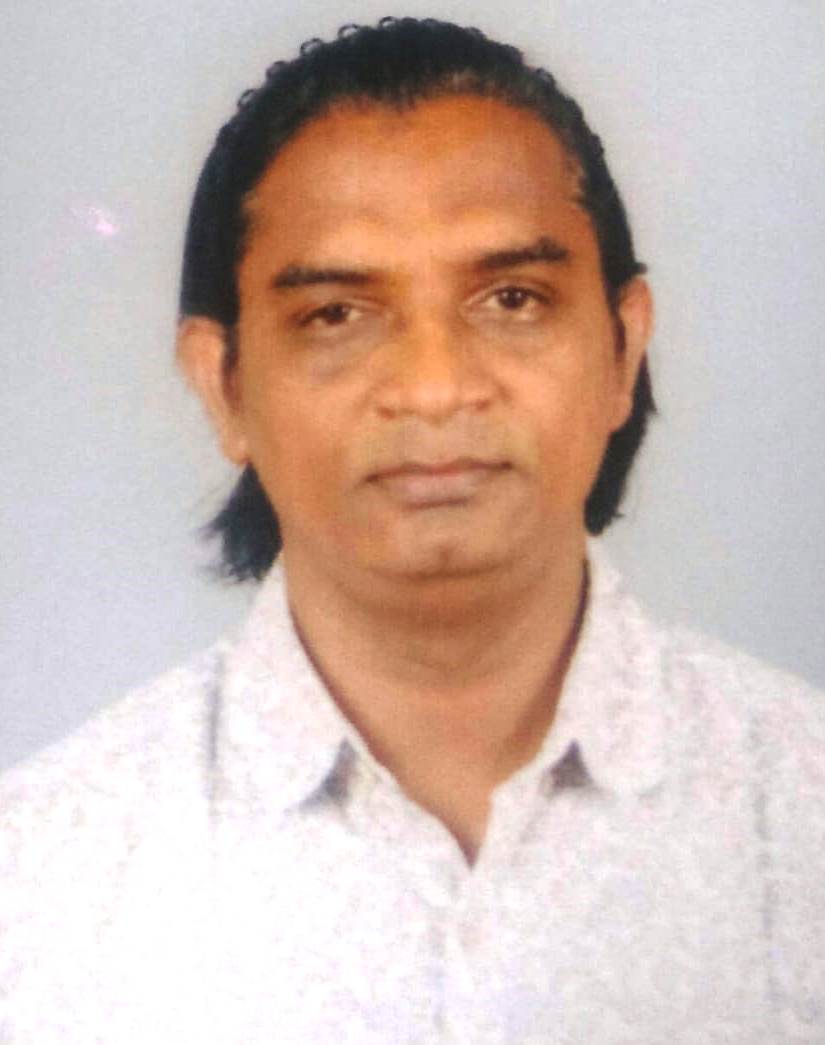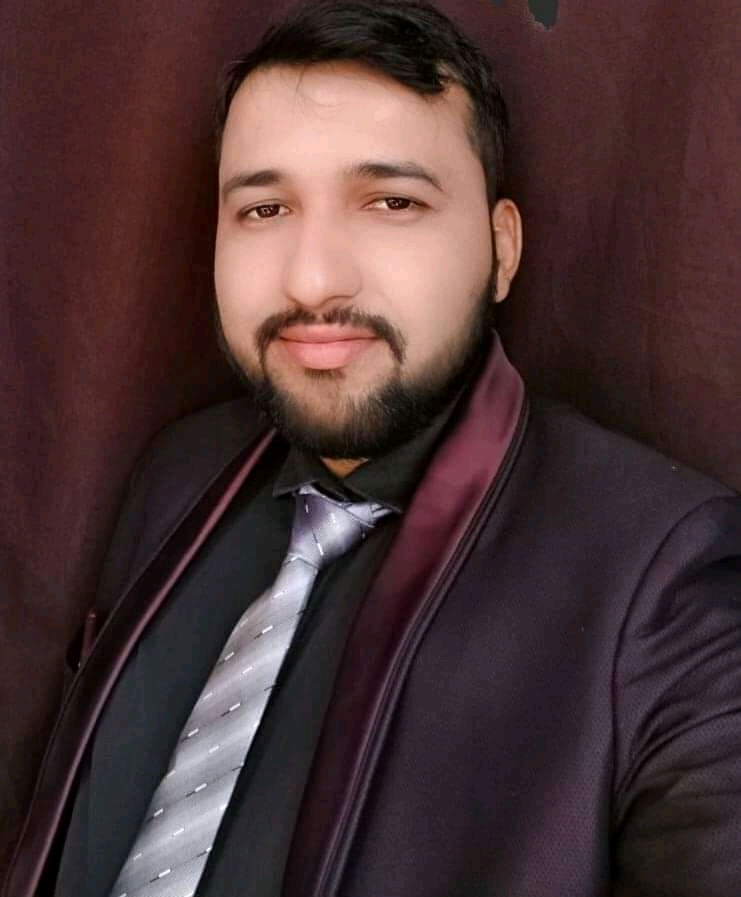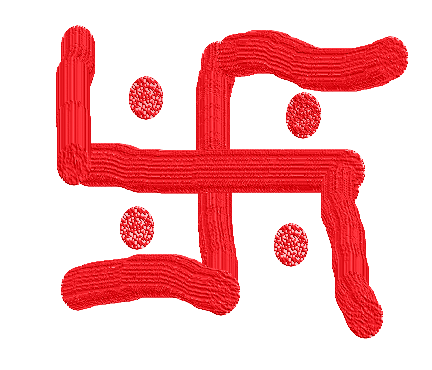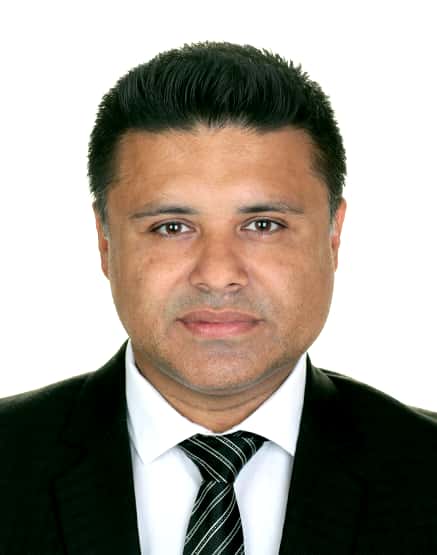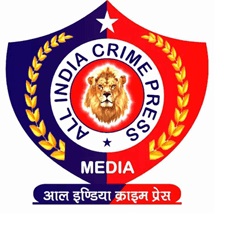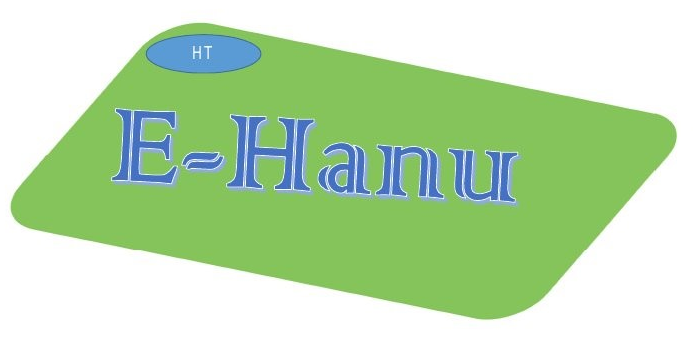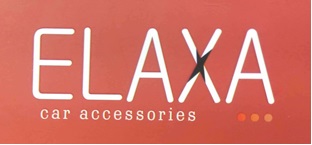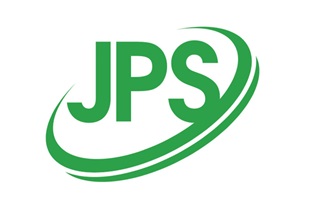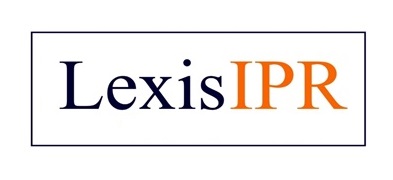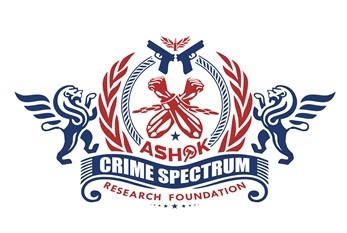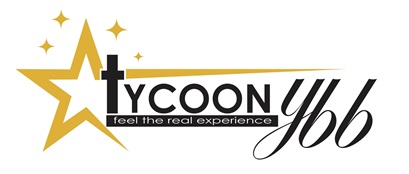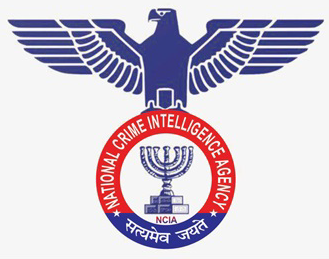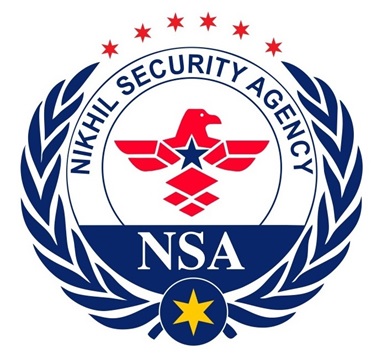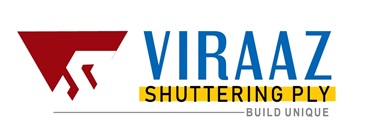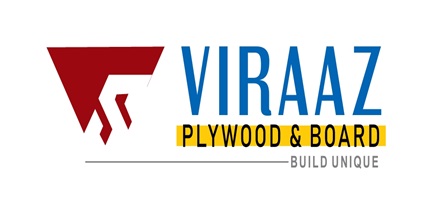Copyright Prosecution & Litigation
Civil litigation, Criminal , Commercial Litigation, Arbitration Proceedings, Intellectual Property Rights , Personal & Family Litigation, Income Tax Litigation, GST , Company Law , Consumer Case , Mediation & Conciliation.
3000 +
Happy clients
300 +
Advocate, CA, CS
10 +
Associates Offices
Request A Call Back
Copyright Prosecution & Litigation
Ownership of Copyright Work
The author of a work is generally considered as the first owner of the copyright under the Copyright Act 1957. However, for works made in the course of an author’s employment under a “contract of service” or apprenticeship, the employer is considered as the first owner of copyright, in the absence of any agreement to the contrary.

The concept of joint authorship is recognized in Section 2(z) of the Copyright Act which provides that “a work produced by the collaboration of two or more authors in which the contribution of one author is not distinct from the contribution of the other author or authors” is a work of joint authorship. This concept has been elucidated in cases like “Najma Heptulla v. Orient Longman Ltd. and Ors”.
Section 19 of the Copyright Act 1957 lays down the modes of assignment of copyright in India. Assignment can only be in writing and must specify the work, the period of assignment and the territory for which assignment is made. If the period of assignment is not specified in the agreement, it shall be deemed to be 5 years and if the territorial extent of assignment is not specified, it shall be presumed to be limited to the territories of India. In a recent judgment “Pine Labs Private Limited vs Gemalto Terminals India Limited”, a division bench of the Delhi High Court confirmed this position and held that in cases wherein the duration of assignment is not specified, the duration shall be deemed to be five years and the copyright shall revert to the author after five years.
Copyright Prosecution & Litigation Remedies
The remedies are available against copyright infringement in three (3) categories. Under the Copyright Act 1957 remedies provides in three kinds ways like:-
Administrative remedies: The administrative remedies provided under the statute include detention of the infringing goods by the customs authorities.
Civil remedies: The civil remedies are provided under Chapter XII of the Copyright Act 1957 and the remedies provided include injunctions, damages and account of profits.
Criminal remedies: The criminal remedies are provided under Chapter XIII of the statute and the remedies provided against copyright infringement include imprisonment (up to 3 years) along with a fine (up to 200,000 Rupees).
“Jurisdiction under Copyright Act, 1957
The Jurisdiction i.e. Place of Suing is Under Copyright Act, 1957 is described recently in 2015, the Jurisdiction law regarding Copyright Violation has gone a drastic change by the following judgment of the Hon’ble Supreme Court of India:
Jagdish Singh Khehar and Arun Mishra, JJ” – Civil Appeal Nos. 10643 – 10644 of 2010 with 4912 of 2015 [arising out of SLP [c] No. 8253 of 2013], Dated 01/07/2015.
“Indian Performing Rights Society Ltd. Vs. Sanjay Dalia & another” — Copyright Act [14 of 1957], Section 62 – Trade Marks Act [47 of 1999], Section 134 – Civil Procedure Code Section 20 – Suit for infringement of Copyright of Trade Mark – Place of suing – Place where plaintiff resides or carries on business or works for gain – Is an additional forum made available to plaintiff by Section 62 of 1957 Act and Section 134 of 1999 Act – Applicability of Section 20 of Civil Procedure Code is not completely ousted thereby – If cause of action has arisen wholly or in part in place where plaintiff resides or is doing business suit has to be filed at such place – Plaintiff cannot drag defendant to far off place under guise that he carries business there also. — Interpretation of statutes – Mischief Rule – Construction that suppresses even counter mischief has to be adopted. – Interpretation of statutes – words notwithstanding anything contained in any other law – do not always completely exclude applicability of other law. —- Words and phrases – “Notwithstanding anything contained — being in force” – Do not necessarily exclude applicability of other law.
Our services
- Research on case law
- Briefing and preparing gist of case
- Drafting Petition/Pleading/Complaint
- Filling application before court
- Reply to examiner objection report
- Appearing for prosecution hearing
- Copyright watch
- Copyright infringement search
- Freedom to Operate
- Invalidation Search


